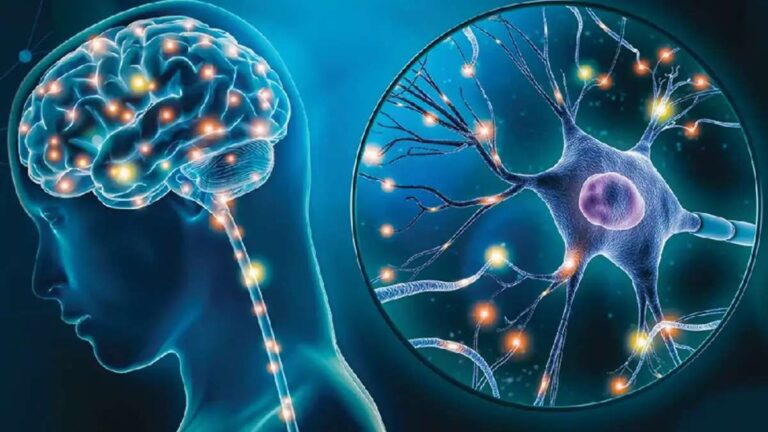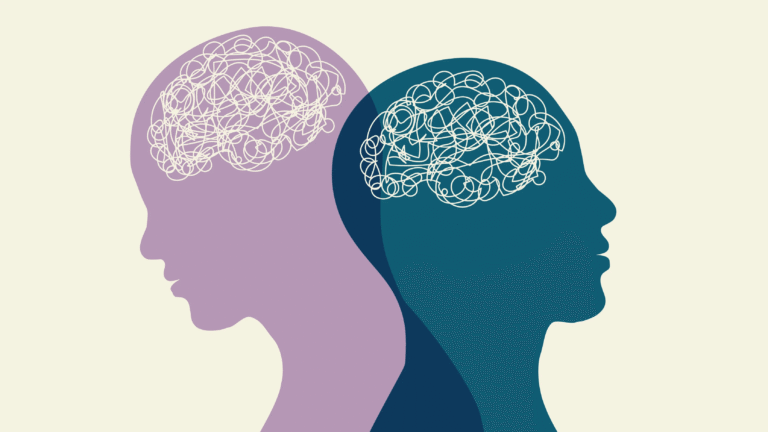In today’s busy world, stress, burnout, and exhaustion have become all too common. Between work, family responsibilities, and the constant pressure to stay connected through technology, it’s easy to neglect your mental and physical well-being. To lead a balanced, fulfilling life, it’s essential to prioritize self-care and take the time to recharge both your mind and body. This wellness roadmap will guide you through effective strategies for restoring your energy and enhancing your overall health.
1. Seeking Professional Help for a Comprehensive Reset
When stress and exhaustion reach overwhelming levels, seeking professional help can provide the reset you need. Sometimes, daily self-care practices aren’t enough to combat the long-term effects of burnout. For those who need a deeper level of care and personalized attention, visiting a Luxury Residential Treatment Center can be a transformative experience. These centers offer tailored programs that address mental, emotional, and physical well-being in a serene, supportive environment.
At such centers, you have access to a range of therapeutic treatments, such as cognitive behavioral therapy, mindfulness, meditation, and fitness programs, all designed to help you recharge and restore balance. This immersive approach allows you to focus on your well-being without the distractions of daily life, ensuring that you return home with renewed energy and clarity.
2. Prioritize Quality Sleep
Sleep is one of the most important aspects of recharging your mind and body. Without sufficient rest, your body cannot recover from the stresses of the day, and your mind struggles to function at its best. Prioritizing high-quality sleep can dramatically improve your mood, focus, and physical health.
Create a bedtime routine that promotes relaxation, such as dimming the lights, reading a book, or practicing meditation. Ensure your bedroom is a peaceful environment free from noise and distractions. Additionally, avoid caffeine and screen time close to bedtime, as these can interfere with your ability to fall asleep and stay asleep. Aim for 7-9 hours of sleep each night to allow your body to fully recharge.
3. Incorporate Mindfulness and Meditation
Practicing mindfulness and meditation is a powerful way to recharge your mind and reduce stress. Mindfulness involves staying present in the moment, observing your thoughts and feelings without judgment. Meditation helps calm the mind, lower stress levels, and improve emotional regulation.
Even dedicating just 10-15 minutes each day to mindfulness exercises or guided meditation can make a significant difference. These practices help clear mental clutter, allowing you to approach your day with greater focus and clarity. Over time, mindfulness and meditation can improve your emotional resilience, making it easier to handle stress and maintain a sense of balance.
4. Nourish Your Body with Balanced Nutrition
Your body requires proper nutrition to function at its best, and eating a balanced diet is essential for maintaining your energy levels and overall health. When you fuel your body with nutrient-rich foods, you give yourself the tools to recharge and thrive.
Focus on incorporating whole foods, such as fruits, vegetables, lean proteins, and whole grains, into your diet. Avoid processed foods high in sugar and unhealthy fats, as these can drain your energy and contribute to physical and mental fatigue. Drinking plenty of water is also critical for maintaining hydration and keeping your body energized throughout the day. A well-balanced diet supports both your mental and physical well-being, helping you stay sharp and feel refreshed.
5. Engage in Regular Physical Activity
Physical activity is a powerful way to recharge both your mind and body. Exercise releases endorphins, the brain’s feel-good chemicals, which help reduce stress and improve your mood. Regular movement also promotes better sleep, enhances focus, and strengthens your body.
Find an activity that you enjoy, whether it’s yoga, running, swimming, or dancing, and make it a part of your routine. Aim for at least 30 minutes of exercise most days of the week to reap the full benefits. Even low-impact activities like walking or stretching can have a positive impact on your energy levels and mental clarity.
6. Set Boundaries and Disconnect
Constant connectivity through smartphones, social media, and emails can lead to mental fatigue and burnout. To recharge, it’s essential to set boundaries and create time to disconnect from technology. This allows your mind to rest and reduces feelings of overwhelm.
Schedule regular tech-free periods during the day, especially in the evening, when you can focus on activities that promote relaxation, such as reading, spending time outdoors, or engaging in creative hobbies. Taking a break from constant digital stimulation will help you reconnect with yourself and recharge your mental energy.

Recharging your mind and body is vital for maintaining long-term well-being. By prioritizing quality sleep, nourishing your body, practicing mindfulness, and engaging in regular exercise, you can restore balance and vitality to your life. For a deeper reset, professional help offers comprehensive care in a supportive environment, allowing you to fully recharge and return to daily life feeling refreshed. Incorporating these practices into your routine will help you stay energized, focused, and ready to tackle whatever challenges come your way.











